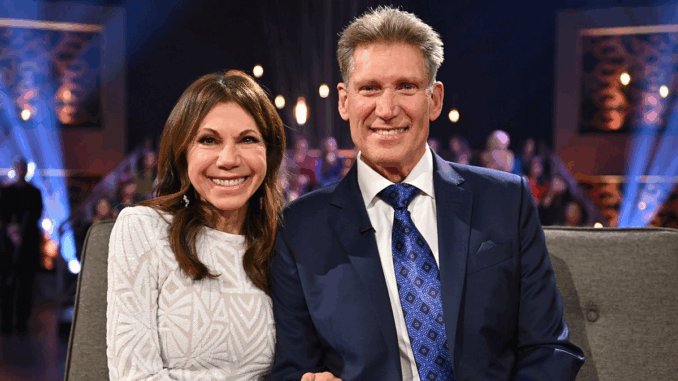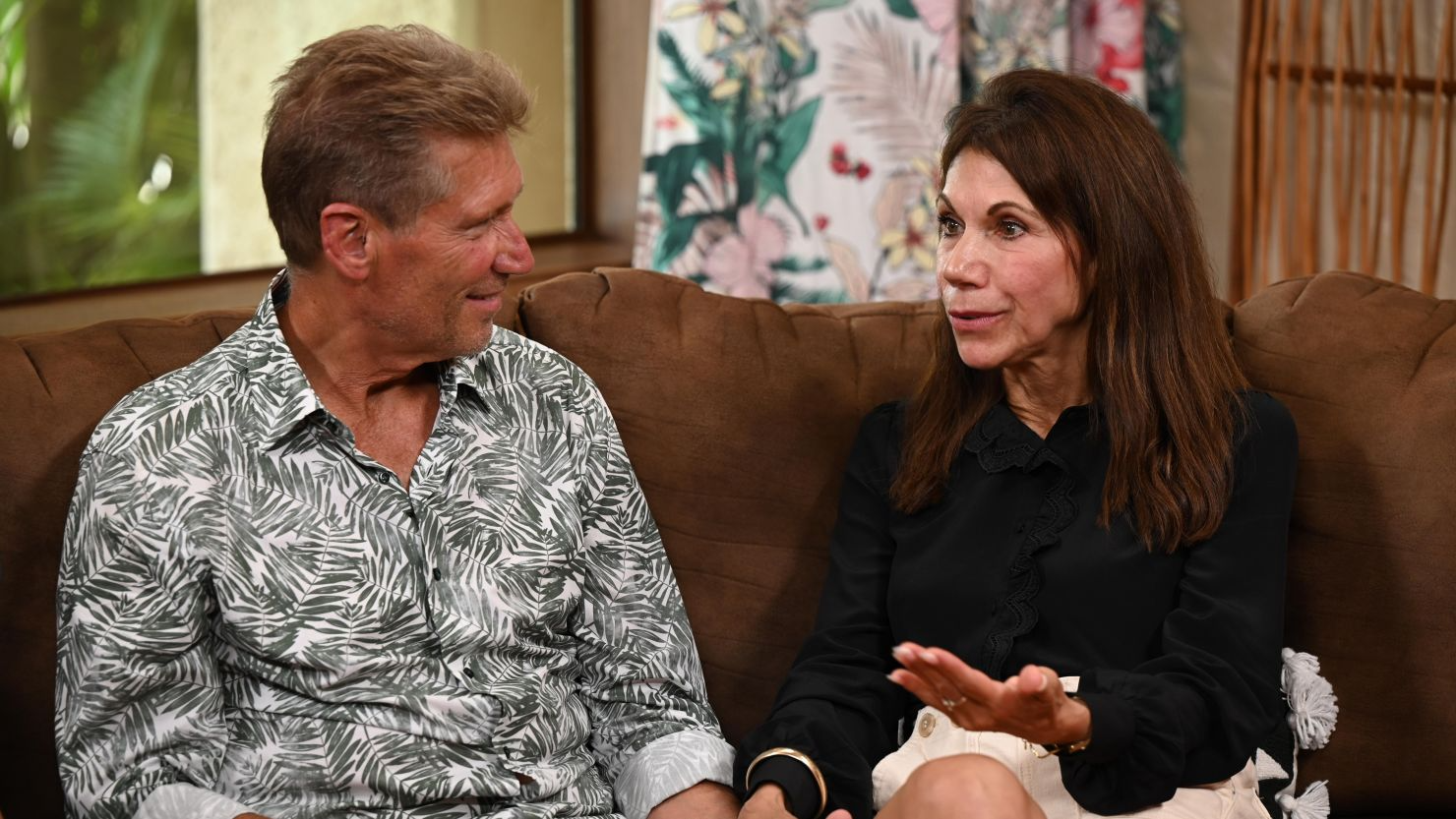
A Reality Show That Speaks to a Forgotten Generation
In the world of reality television, few shows have sparked as much emotional resonance with older audiences as The Golden Bachelor. While the traditional Bachelor Nation skews younger, Season 2 of the hit ABC series has found a loyal and enthusiastic fanbase among viewers aged 50 and older—many of whom feel they’re finally seeing themselves on screen in a meaningful way.
These are not passive viewers. They’re tuning in weekly, hosting watch parties, commenting actively on Facebook groups, and even starting TikTok accounts to celebrate their favorite contestants. For a generation often sidelined by the media, The Golden Bachelor is not just a show—it’s validation.
Social Media Buzz From Unexpected Corners
Though one might not expect Instagram or TikTok to be flooded with content from boomers, that’s exactly what’s happening. Videos tagged with #GoldenBachelor have drawn millions of views, with older users sharing reaction clips, love advice, and even humorous commentary.
“My mom hasn’t watched a dating show in her life, but now she texts me every Wednesday with predictions,” one viewer posted on X. Another popular meme features a woman in her 60s sipping tea with the caption: “Waiting for my rose like it’s 1973.”
These reactions aren’t just cute—they’re culturally significant. They signal a shift in who feels welcome in the romantic storytelling space.
Representation That Resonates
What makes The Golden Bachelor different isn’t just the age of its cast; it’s how they’re portrayed. The show doesn’t patronize or caricature its older contestants. Instead, it allows them to be funny, flirtatious, vulnerable, and yes, romantic.
For older viewers, watching peers go on dates, take emotional risks, and express desire is both entertaining and affirming. “We’re not invisible,” said one fan in a Facebook group. “Seeing women my age laugh, cry, and fall in love reminds me that I still have a lot of living left.”
Changing the Conversation Around Aging

Perhaps the most powerful aspect of The Golden Bachelor is how it challenges cultural assumptions. Aging, particularly for women, is often viewed as a decline. But on this show, it’s treated as a chapter filled with depth, wisdom, and potential.
For the entertainment industry, this is a wake-up call. There’s a vast, engaged audience craving content that reflects their realities—not just aspirational youth, but relatable maturity. ABC’s decision to invest in this demographic is paying off, both in ratings and in goodwill.
A New Kind of Fanbase for ABC
While traditional Bachelor shows often attract younger audiences and social media influencers, The Golden Bachelor is creating its own kind of fandom. Viewers over 50 are organizing weekly watch parties, writing think-pieces, and even forming “Golden Clubs” in retirement communities to discuss each episode.
Networks have long courted the 18–49 demographic for advertising purposes, but this surge in older viewership might reshape that thinking. The purchasing power, loyalty, and engagement of this age group shouldn’t be underestimated—and The Golden Bachelor is proof.
Looking Ahead: Could This Spark a Trend?
With the undeniable success of The Golden Bachelor, ABC may have unintentionally unlocked a new genre: senior reality storytelling. Whether it’s dating, travel, or even competition-based series, the demand is there. Audiences want to see lives that mirror their own, not just idealized versions of youth.
And for those watching the show each week, the appeal is simple. As one fan said in an interview: “It’s not just about finding love. It’s about believing we still matter.”